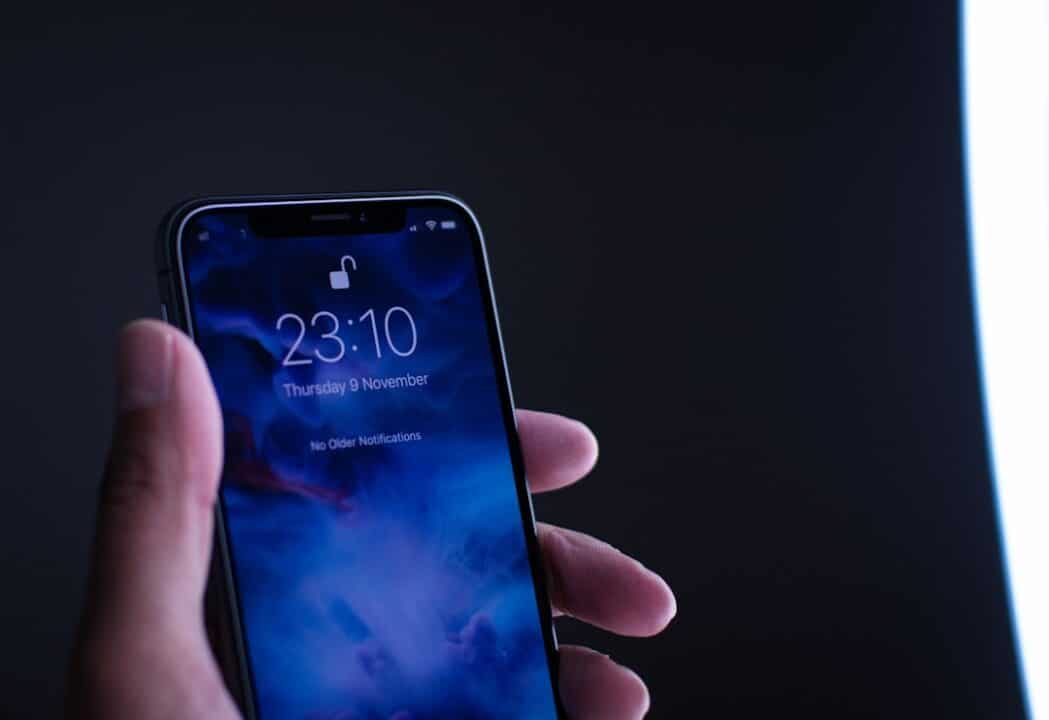|
IN BRIEF
|
You noticed that the anti-reflective coating your glasses no longer look like much? Don’t panic! Removing this worn-out treatment may seem like a daunting task, but with a few tips and a dash of patience, you can make your lenses look like new again. Whether you are a DIY enthusiast or simply curious to discover how to do it, let’s dive together into this fascinating world of cleaning and theinterview glasses. Let’s have a little fun in this quest for sparkling glasses!
Ah, the glasses paradox! You’ve finally found the pair that suits you perfectly, but now the anti-reflective coating is starting to take its toll. The unnecessary reflections on your lenses bother you and you are considering removing this treatment. Don’t panic! Together, we’ll explore some ways to get rid of this unwanted coating, while preserving the magic of your beloved frames.
Precautions to take before starting
Before diving headlong into the possible coating removal operation, it is crucial to begin the process by taking a few precautionary measures. First, make sure you have identified the material of your lenses. If you have contact lenses plastic, avoid using products like acetone, as this may cause them to melt. If your glasses are glass, some solutions could be used, but caution is required!
Methods for removing anti-reflective coating
Magical homemade blend
A simple but effective technique is to prepare a homemade mixture. Combine 5 parts isopropyl alcohol with 1 part salt water. Immerse your glasses in this solution for about 10 minutes. This can help dissolve the coating without damaging your lenses. After soaking, use a soft toothbrush to gently scrub the lenses and rinse with lukewarm water. This method will work wonders without much hassle!
A professional to the rescue
If you are not comfortable with the idea of removing the treatment yourself, nothing beats the experience of a professional. An optician will know exactly how to proceed without risking damaging your glasses. Ask for advice on coating removal and maybe even alternatives to improve your viewing experience!
Removal kits
There are dedicated kits to the removal of anti-reflective treatment, including a specific solution and suitable tools. These kits can be very practical and are often safe for your lenses. If you want to try to do it yourself but with a little help, this could be a very good option. A quick search on the internet will give you access to several types of kits, like the one offered by Lapeyre.
How to effectively clean your glasses after removal
After removing the treatment, a good cleaning is necessary. Use a little Dishwashing liquid with lukewarm water to soften and clean your glasses. A simple cloth microfiber glaucous will work wonders to make your glasses shine. And don’t forget to rinse them thoroughly! You wouldn’t want a little salty taste in your drinks, would you?
When to opt for replacement treatment?
After removing the coating, you may want to consider applying a new treatment. More modern, durable and efficient options await you. It is recommended to turn to quality products, like those of the famous brand Zeiss, to guarantee optimal visual comfort. These treatments can also improve scratch resistance and protection against blue light!
For more information and detailed steps on specific techniques to adopt, do not hesitate to consult this practical guide which will be of great help to you!

If you’re here, it’s probably because your anti-reflective treatment is acting up and needs a little help to regain its splendor. Don’t worry, I’m here to guide you in this quest while keeping a smile. Here are some practical tips and advice for removing this famous coating without any hassle!
Homemade blend for effective cleaning
One of the simplest methods is to concoct a little homemade solution. Mix 5 parts isopropyl alcohol with 1 part salt water. This dynamic duo can work wonders for removing coating. Dip your glasses in this magic potion for a few moments, then rub gently with a soft toothbrush. Who says you can’t be both practical and creative?
Be careful with acetone
Ah acetone! We love it for several reasons, but not to remove the coating from our glasses. If you have plastic lenses, be careful, because this solvent can be a real headache! Acetone may melt your glasses. So, before you dive into a nail polish draw, think twice!
Opt for a professional kit
If you prefer not to start mixing with things you already have on hand, know that there are kits specially designed to remove anti-reflective coating. These kits often include a dedicated solution, gloves and a container to soak your glasses. This is a convenient option if you want to be sure not to cause any damage to your precious glasses. Consider checking out quality brands, like ZEISS, who have everything you need.
Don’t forget about regular cleaning!
Whether you have decided to remove the treatment or not, it is crucial to keep your lenses in tip-top condition. For effective washing, use lukewarm running water with a little Dishwashing liquid and a microfiber fabric. This will help extend the life of your glasses, even if the treatment crumbles!
Finally, be vigilant
Finally, it is good to keep in mind that removing anti-reflective coating can make reflections more visible. If you feel like your glasses weren’t too bad before, this new option might take the glare out of 1% to 4%. Before you do anything, make sure you weigh the pros and cons!
For those looking for even more technical advice and information, be sure to take a look at Horus and other online resources on the science of eyeglass coatings, like Science QA. Happy cleaning!
Comparisons of methods for removing anti-reflective coating
| Method | Description |
| Soft toothbrush | Gently scrub the glass surface with a brush to remove the flake. |
| Alcohol solution | Mix 5 parts isopropyl alcohol and 1 part salt water to soak the glasses. |
| No acetone | Avoid using acetone on plastic lenses, this may damage them. |
| Specialized kit | Use a kit with a dedicated solution and soak pot for gentle removal. |
| Gentle cleaning | To care for the lenses, use lukewarm water and a microfiber cloth. |
| Polishing | Use a polishing paste to reduce imperfections after removal. |
| Glare assessment | Check if treatment has been applied to measure the impact on vision. |

Methods to Try
- Use a soft toothbrush to gently scrub the coating.
- Prepare a solution isopropyl alcohol (5 parts) and salt water (1 part).
- Dip the glasses in the solution for 10 minutes to soften the coating.
- Clean with a spray specialized cleaning agent for glasses.
Safety Tips
- Avoid acetone, especially on plastic lenses.
- Do not use products containing abrasive agents.
- Test first on a small inconspicuous area before applying
- Consult a professional if the coating is too damaged.

FAQ: How to remove anti-reflective coating from my glasses
How do I remove the anti-reflective coating from my glasses? To remove the anti-reflective coating, one method is to soak your lenses in a solution of 90% alcohol and water for about 10 minutes.
Is it possible to use acetone for this? No, it is strongly recommended not to use acetone, especially on plastic lenses, as it could damage them.
What tools should I use to scrub the damaged coating? You can use a soft toothbrush or another delicate tool to gently scrub the coating.
Is there a specific solution to purchase to remove anti-reflective coating? Yes, specific kits are available, usually including a solution, a soaking pot and a pair of gloves to help you with the process.
Will removing this coating improve my vision? Removing the treatment will not necessarily improve your vision and may simply increase the glare you see through your glasses.
What precautions should I take when cleaning my lenses? Use lukewarm running water or an appropriate eyeglass cleaning spray, and gently clean them with a microfiber cloth to avoid scratching the lenses.
Can I re-polish glasses after removing the anti-reflective coating? Yes, it is possible to polish your glasses, but be aware that this can create a filling effect that will fade over time.
Is anti-reflective coating essential for my glasses? This treatment serves to reduce reflections and improve visual comfort, but its purchase depends on your personal preferences and daily use.





